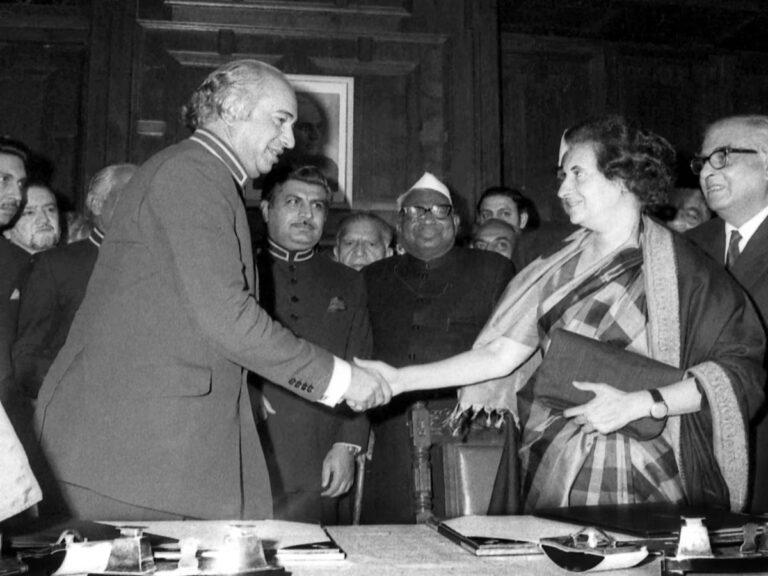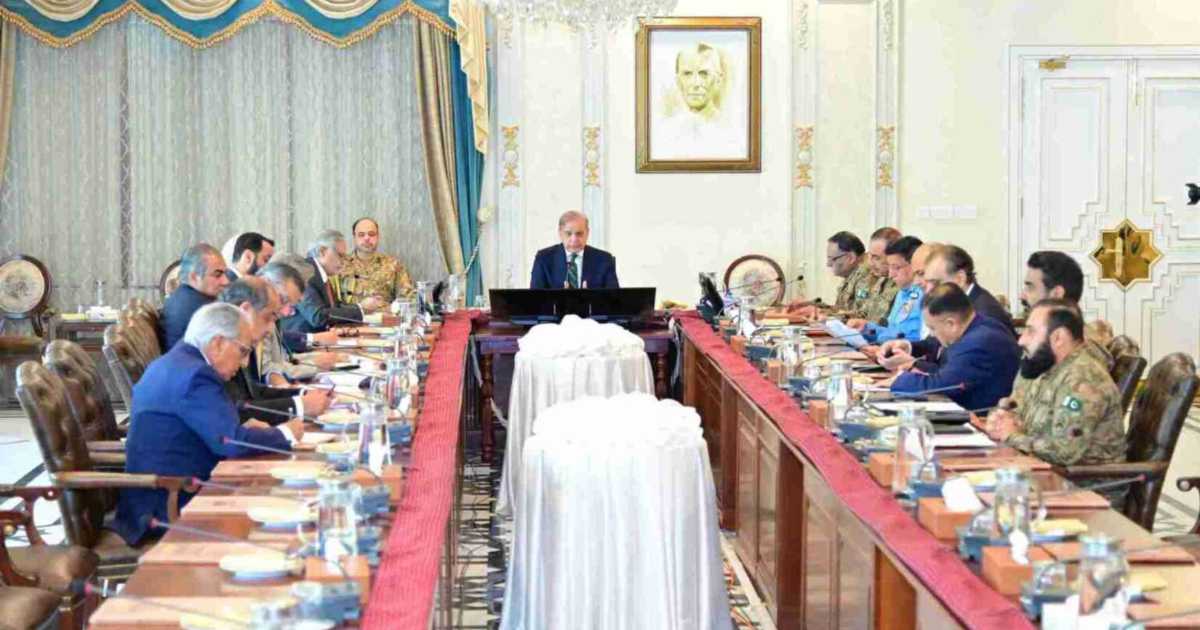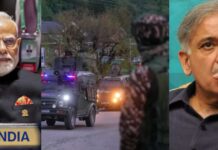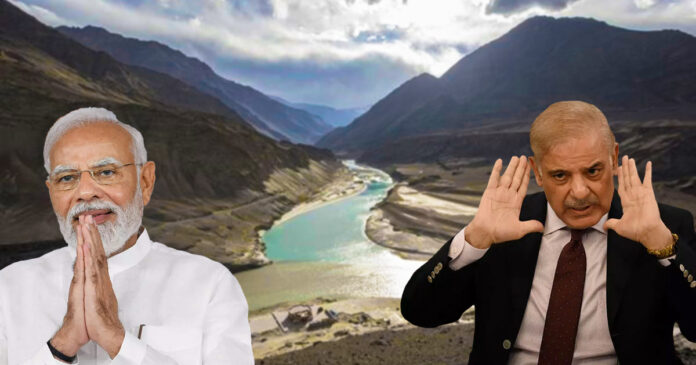In a dramatic turn of events, Pakistan has announced the suspension of the historic Simla Agreement due to the recent actions taken by India after the Kashmir attack. This decision has sparked widespread concern over the stability of South Asia, a region historically fraught with tensions between the two nuclear-armed neighbours. But what exactly is the Simla Agreement, why is this move significant, and what could happen next?
What is the Simla Agreement? A Brief Historical Overview
The Simla Agreement, signed on July 2, 1972, was a landmark peace accord between India and Pakistan following the Indo-Pakistani War of 1971, which led to the creation of Bangladesh. The agreement was signed in Simla (now Shimla), India, by Indian Prime Minister Indira Gandhi and Pakistani President Zulfikar Ali Bhutto.

The key objectives of the Simla Agreement were:
- Peaceful resolution of disputes: Both countries agreed to resolve their differences, including the Kashmir issue, through peaceful bilateral negotiations.
- Line of Control (LoC): It formalised the ceasefire line in Kashmir as the Line of Control, not to be altered unilaterally.
- Non-intervention: Both sides pledged not to interfere in each other’s internal affairs.
Read More: India Suspends Indus Water Treaty? What Does This Mean for Pakistan?
The agreement has served as the bedrock of India-Pakistan diplomatic engagement for over five decades. It reinforced the idea that all disputes should be resolved bilaterally, keeping third-party involvement at bay.
Why Pakistan Suspended the Agreement Now
The Simla Agreement anchor has now been cast aside. Pakistan’s foreign ministry, in a sharply worded statement, declared the suspension of the agreement, citing India’s “repeated violations” and “unilateral actions” that have eroded the spirit of the accord.
Beyond Kashmir, Pakistan’s decision seems influenced by a broader dissatisfaction with India’s refusal to engage in meaningful dialogue. It is fueled by the lack of bilateral talks, ongoing cross-border skirmishes, and India’s deepening strategic partnerships with other countries.
Pakistan’s suspension of the Simla Agreement can thus be seen as both a protest and a pivot—signalling that it no longer feels constrained by a bilateral approach.

A New Chapter or Dangerous Drift?
So, what does this mean for the region and for the future of India-Pakistan relations? Firstly, the abandonment of bilateralism opens the door for internationalisation of the Kashmir dispute (a move India has always resisted). With the Simla Agreement no longer in play, Pakistan could more assertively push the issue in forums such as the United Nations, the Organisation of Islamic Cooperation, or even seek mediation from allies like China and Turkey.
Secondly, the breakdown of the agreement removes an important mechanism for de-escalation. In the past, even during crises like the Kargil War or the Pulwama-Balakot standoff, the existence of a bilateral framework allowed both sides to pull back from the brink. Without this framework, the potential for miscalculation or unintended escalation increases dramatically, particularly in a region where both countries maintain sizeable conventional forces and nuclear arsenals.
Diplomatic relations could deteriorate further. With no formal agreement guiding engagement, future interactions may be shaped more by reactive posturing than by structured dialogue. This could lead to a prolonged diplomatic freeze, with both nations hardening their stances and reducing avenues for resolution.
That said, it is also possible that this dramatic move by Pakistan is intended as a pressure tactic to shake India and reignite engagement. Only the future response will reveal the purpose.
Stay tuned to Brandsynario for latest news and updates






































